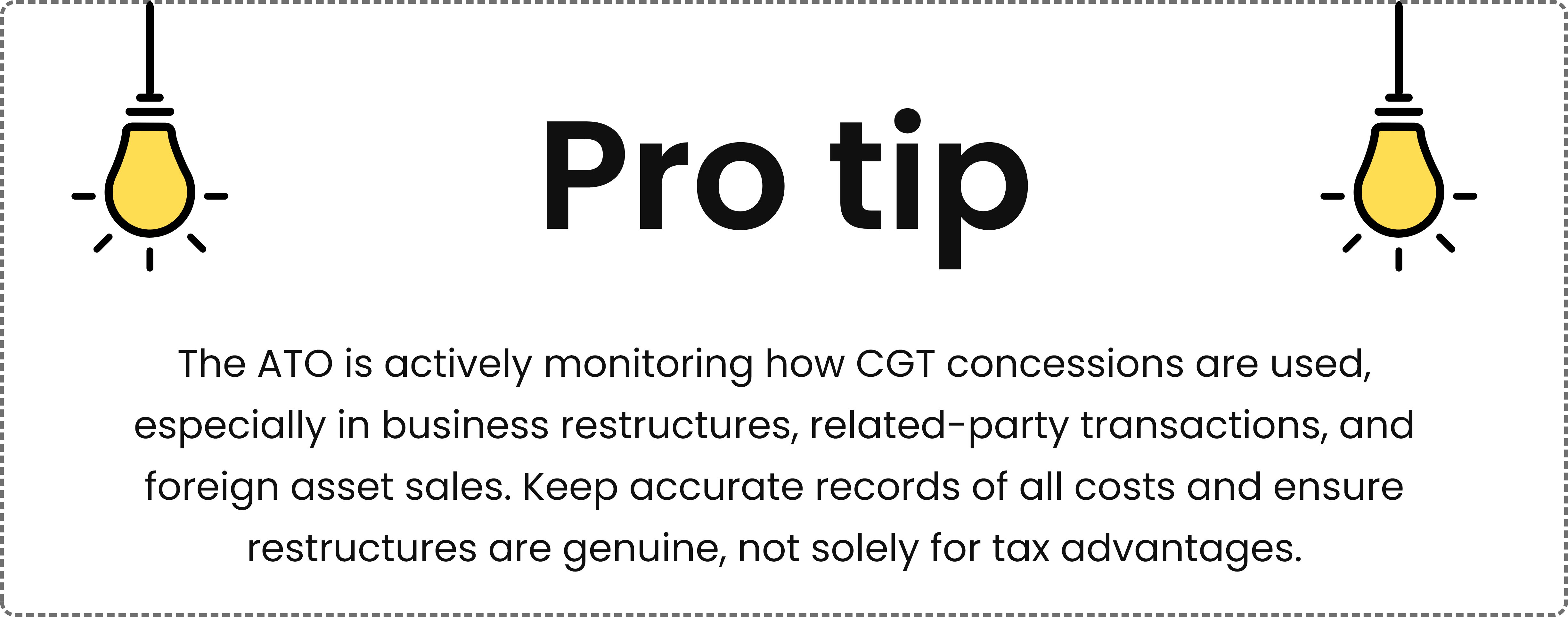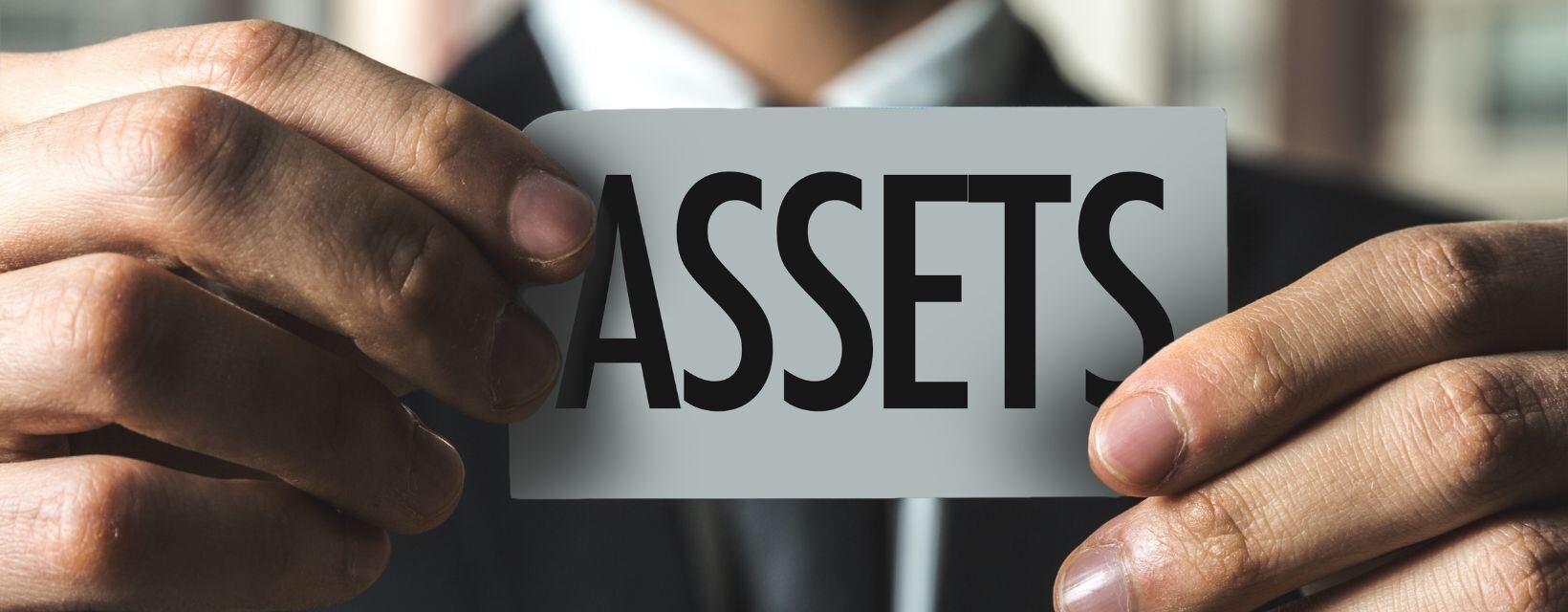EOFY 2025 tax planning checklist: A comprehensive guide
Introduction:
As 30 June approaches, it’s the ideal moment to pause, review, and prepare. The end of the financial year isn’t just about meeting tax obligations, it’s a chance to reset, optimise, and make decisions that can benefit your business well beyond this reporting period.
Many overlook the value of early planning, only to face rushed deadlines and missed opportunities. Taking action now gives you the space to get organised, make smarter choices, and avoid last-minute pressure.
To help you make the most of this period, we have created a clear checklist that covers the key steps. From reviewing your records to maximising deductions, this resource is designed to keep your year-end process smooth and stress-free.
Key takeaways
The Super Guarantee rate increases to 12% from 1 July 2025.
Low and middle-income earners may qualify for super co-contributions and LISTO.
High-income earners without private hospital cover may face the Medicare Levy Surcharge.
The instant asset write-off applies to assets under $20,000 in use by 30 June.
Donations to registered DGRs are eligible if records are kept.
EOFY 2025 checklist: Steps to take before the year ends
1. Pay superannuation contributions:
To claim a deduction for superannuation contributions, payments must be received by the complying fund before 30 June. While wages are deductible when incurred, super contributions are only deductible when actually paid.
Many businesses process payroll on time but delay super contributions, missing out on this deduction. To maximise tax benefits, pay the June quarter super early. Also note that the Super Guarantee rate will rise from 11.5% to 12% from 1 July 2025. Ensure your payroll software is updated in time to reflect this increase and remain compliant with your employer obligations.

2. Write off unrecoverable bad debts:
If you have customers who are unlikely to pay outstanding invoices, you may be eligible to write off these bad debts before year-end. To qualify, the debt must have previously been included as assessable income, and you must formally document the write-off before 30 June.
In addition to a tax deduction, if the original invoice included GST, you may also be entitled to a GST adjustment, which can reduce the amount payable in your next Business Activity Statement. Keep evidence such as communication records and internal resolutions to justify the write-off if required by the ATO.
3. Scrap or dispose of unused equipment:
If your business owns equipment, tools, or machinery that you no longer use or need, you may be able to claim a tax deduction by writing off or disposing of those items before 30 June.
This includes any assets that are broken, outdated, or no longer in your possession but are still listed in your accounting records. Removing them from your asset register can help lower your taxable income and keep your books of accounts up to date.
The deduction will depend on how much value is left on the books for each asset.
4. Revalue closing stock for tax savings:
Your business may be able to reduce its taxable income by reviewing how closing stock is valued at the end of the financial year. The ATO allows stock to be valued using the cost, market selling value, or replacement value. You are allowed to use the method that gives the lowest result.
For example, suppose an item in your inventory was purchased for $50. Its current market selling value is $40, and the cost to replace it is $45. You can choose to value it at $40, which is the lowest of the three. This reduces your closing stock balance and increases your cost of goods sold, leading to a lower taxable profit.
If certain stock items are outdated or unsellable, you may also be able to write them down or claim a deduction, provided you use a reasonable valuation method and keep proper records.
5. Prepay eligible expenses:
If your business has a turnover under $50 million, you may be able to claim a full tax deduction this year for some expenses you pay in advance. This is allowed under what’s called the 12-month rule.
To qualify, the prepayment must meet both of the following conditions:
- The service period must be 12 months or less, and
- The service must 12 months or less
If both conditions are met, you can deduct the entire amount in your 2024–2025 tax return, even though some or all of the benefit may apply to the following financial year.
This rule can apply to common business expenses such as:
- Rent
- Insurance
- Software or IT subscriptions
- Marketing and advertising services
- Memberships or licensing fees
If the prepaid service runs for more than 12 months or finishes after 30 June 2026, you cannot claim the full deduction in this financial year. Instead, the deduction must be apportioned over the full service period, or over 10 years, whichever is shorter. This is in line with the ATO’s tax shelter rules.
Still using spreadsheets to track expenses?
6. Approve and document staff bonuses:
To claim a deduction for staff bonuses in the 2025 financial year, you must be definitively committed to paying them before 30 June. This means the bonuses should be documented through board or management approvals that clearly outline the bonus amounts and intended recipients.
Even if the payment is made after 30 June, a properly documented bonus arrangement ensures you can still claim the deduction. This strategy is valuable for motivating employees while managing your year-end tax liabilities.
7. Take advantage of the instant asset write-off:
Small businesses with an aggregated turnover of less than $10 million may immediately deduct the full cost of eligible business assets costing under $20,000, provided the asset is purchased, installed, and ready for use by 30 June 2025. This rule applies under the simplified depreciation rules, which eligible small businesses must use to access this deduction.
The write-off applies to both new and second-hand assets, and there's no limit to the number of assets you can claim, as long as each one individually falls under the $20,000 threshold (excluding GST if you're registered for GST).
This incentive is ideal for purchasing or upgrading items such as tools, equipment, furniture, computers, or even business vehicles, although some conditions apply for motor vehicles.

8. Claim accrued expenses:
Expenses for goods or services received during the year can be claimed as deductions, even if the invoice is issued after 30 June. What matters is that the service was delivered within the financial year, and the cost can be reasonably estimated.
To ensure the deduction is captured correctly, review supplier activity in the final weeks of June. If a service has been provided but not yet invoiced, enter the estimated amount as an accrued expense in your accounts before year-end.
9. Prepay investment loan interest:
Prepaying interest on an investment loan means fixing the interest rate for 12 months and paying the total interest amount upfront, usually in June. This approach locks in a discounted fixed rate and allows you to claim the full deduction in the current financial year.
It can help with budgeting and cash flow, especially if you have a lump sum available. This strategy is useful if your income is higher now and expected to drop next year, such as during career breaks. Be mindful that breaking a fixed-rate loan early may incur penalties. Always check with your lender and accountant before proceeding.
10. Claim deductions for charitable donations:
To claim a tax deduction, donations must be $2 or more and made to an organisation registered as a Deductible Gift Recipient (DGR). The donation must be voluntary, with no personal benefit received in return.
You can claim gifts of money, property, or certain shares, but not raffle tickets, items with retail value, or payments made in exchange for a benefit.
Always keep records such as receipts or a letter from the organisation. To ensure your claim is valid, check the DGR status of the organisation through the ABN Lookup and confirm the donation meets ATO requirements.
Need help making sure your donations are tax-deductible?
11. Maximise your super contributions:
For the 2025 financial year, the limit for concessional contributions to super is $30,000. If you are under 67, or between 67 and 74, and have worked at least 40 hours within a 30-day period, you can add personal contributions and claim a tax deduction. It is important that your super fund receives the money before 30 June. If your total balance was under $500,000 on 30 June 2024, you can use any unused limits from the past five years.
Non-concessional contributions are limited to $120,000 each year, or up to $360,000 over three years if you qualify. You may also benefit from other strategies, like adding money from the sale of your home or transferring assets such as shares or property into your self-managed super fund.
Always make sure you have withdrawn the required pension amount for the year. Plan your contributions early and get help from your accountant to stay within the rules.
12. Manage capital gains tax carefully:
Capital Gains Tax (CGT) applies when you sell assets such as shares, property, or business assets for more than you paid for them. To reduce your CGT bill, consider holding assets for at least 12 months to qualify for the 50% CGT discount available to individuals and trusts.
Plan asset sales in years when your income is lower to reduce the tax impact, and offset capital gains with any capital losses you may have. For small businesses, the ATO provides generous concessions if strict conditions are met, such as the $6 million net asset test or the active asset test. These include the 15-year exemption, 50% active asset reduction, retirement exemption (up to $500,000), and rollover relief to defer CGT.

13. Make use of the government co-contribution:
The government provides two helpful ways to grow your super if you earn a low or middle income. These are the Super Co-Contribution and the Low Income Superannuation Tax Offset, known as LISTO.
For the 2024 to 2025 year, if your income is below $60,400 and you make a personal after-tax contribution of $1,000 to your super, you could receive up to $500 from the government.. To qualify, your super fund must have your tax file number, your total super balance must be under $1.9 million as of 30 June 2024, and you must either be under 67 or meet the work test.
If your taxable income is $37,000 or less, LISTO may apply. This refund of up to $500 goes into your super account to cover the tax paid on concessional contributions. No separate application is needed. If you meet the criteria, the ATO automatically processes the payment.
15. Avoid the medicare levy surcharge:
The Medicare Levy Surcharge (MLS) is an extra tax for high-income earners who do not have eligible private hospital cover. For the 2024–25 year, the surcharge applies if your income is over $97,000 as a single or over $194,000 as a family. The rate ranges from 1% to 1.5% depending on your income level.
Taking out private hospital cover before 30 June can help you avoid or reduce the surcharge. It only applies to the days you are not covered. Your health fund will issue a tax statement confirming the number of days covered. Check your income and coverage to avoid paying more tax than necessary.
Final thoughts
EOFY doesn’t need to be overwhelming. As 30 June approaches, now is the time to get everything sorted—before deadlines start closing in. At CleanSlate, we help businesses finalise payroll, super contributions, asset write-offs, and other time-sensitive tasks that matter at year-end. We know what needs to be done and when, so nothing is missed.
We know what needs to be done and when, so nothing is missed. If you want a reliable team that takes the pressure off and gets things done properly, get in touch with CleanSlate. Let’s take EOFY off your plate, so you can focus on running your business with peace of mind.













